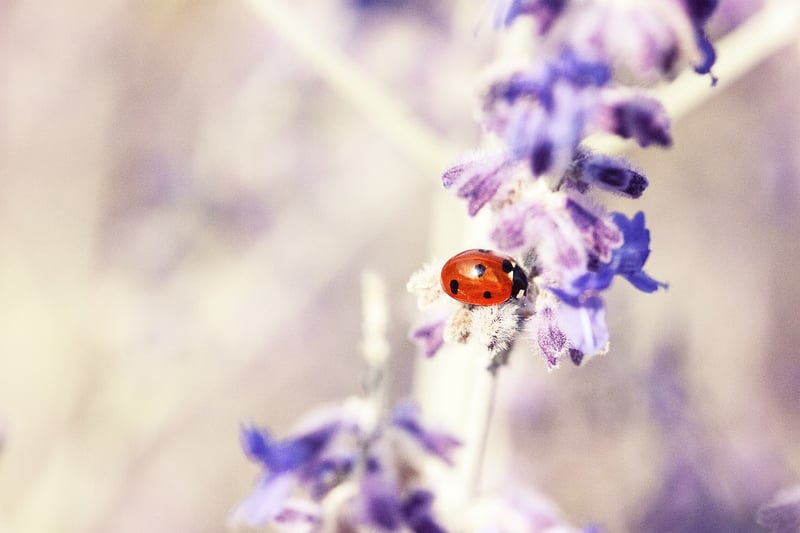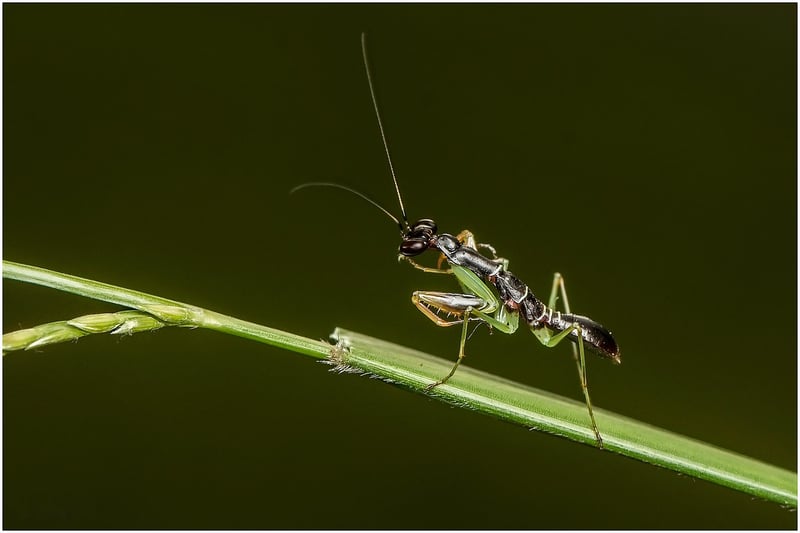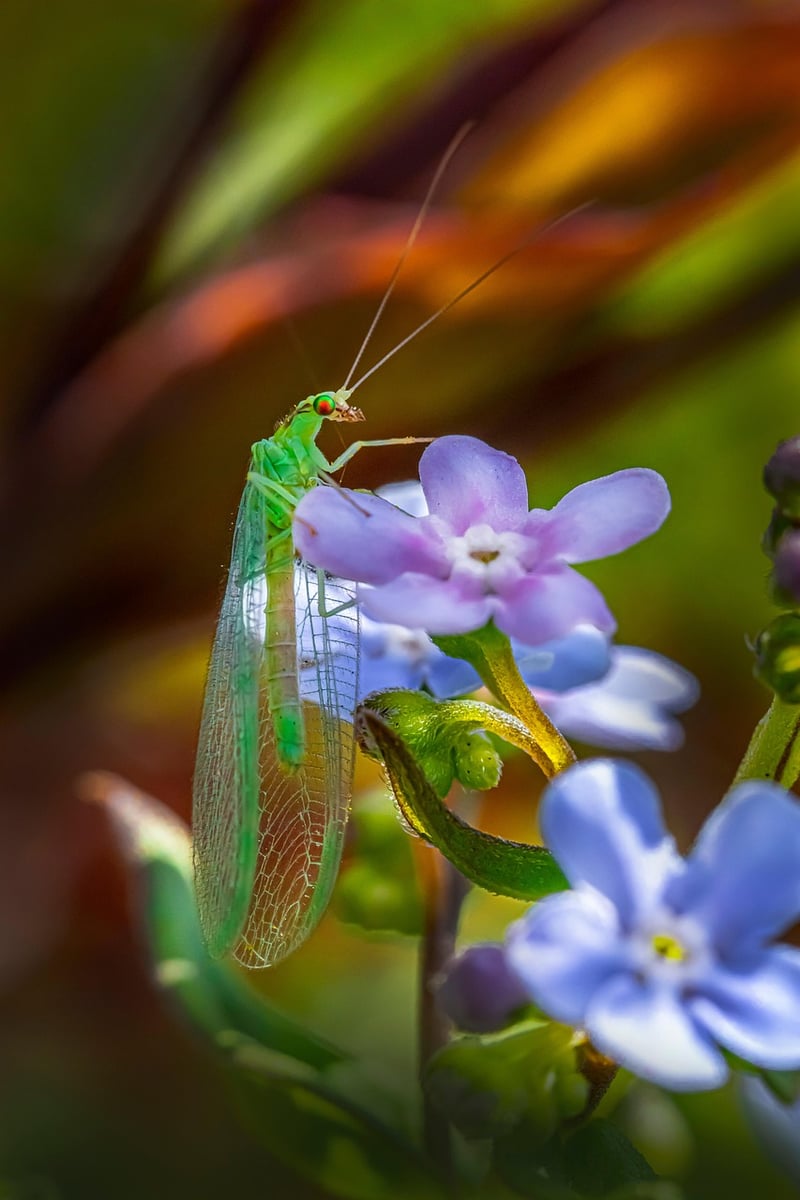Beneficial Insects
Organic Pest Management and Beneficial Insects
Organic pest management is a sustainable approach that focuses on using natural methods to control pests in gardens, farms, and landscapes. By avoiding synthetic pesticides and chemicals, organic pest management helps protect the environment, beneficial insects, and human health. One key component of organic pest management is harnessing the power of beneficial insects.
Benefits of Organic Pest Management
Organic pest management offers numerous benefits:
- Reduces chemical exposure to humans and wildlife
- Promotes biodiversity and a healthy ecosystem
- Preserves beneficial insects that act as natural pest controllers
- Improves soil health and fertility
- Produces healthier fruits and vegetables
Beneficial Insects in Pest Control
Beneficial insects play a crucial role in controlling pest populations naturally. By attracting and supporting beneficial insects in your garden or farm, you can reduce the need for chemical interventions. Some common beneficial insects include:
- Ladybugs: Feed on aphids, mealybugs, and other soft-bodied pests
- Praying Mantis: Preys on a variety of insects including caterpillars and flies
- Lacewings: Consume aphids, mites, and other small insects
- Ground Beetles: Feed on caterpillars, snails, slugs, and other pests
- Hoverflies: Larvae eat aphids, while adults pollinate plants
Attracting Beneficial Insects
You can attract beneficial insects to your garden by:
- Planting a diverse range of flowers that provide nectar and pollen
- Leaving some areas of the garden undisturbed for nesting sites
- Avoiding the use of broad-spectrum pesticides that harm beneficial insects
- Installing insect hotels or creating habitat piles for shelter
- Integrating companion plants that repel pests and attract beneficial insects
Conclusion
Organic pest management and the use of beneficial insects offer a holistic and sustainable approach to pest control. By working with nature rather than against it, you can create a balanced ecosystem that supports plant health and reduces the reliance on harmful chemicals. Embracing organic practices not only benefits your garden but also contributes to the overall well-being of the environment.



